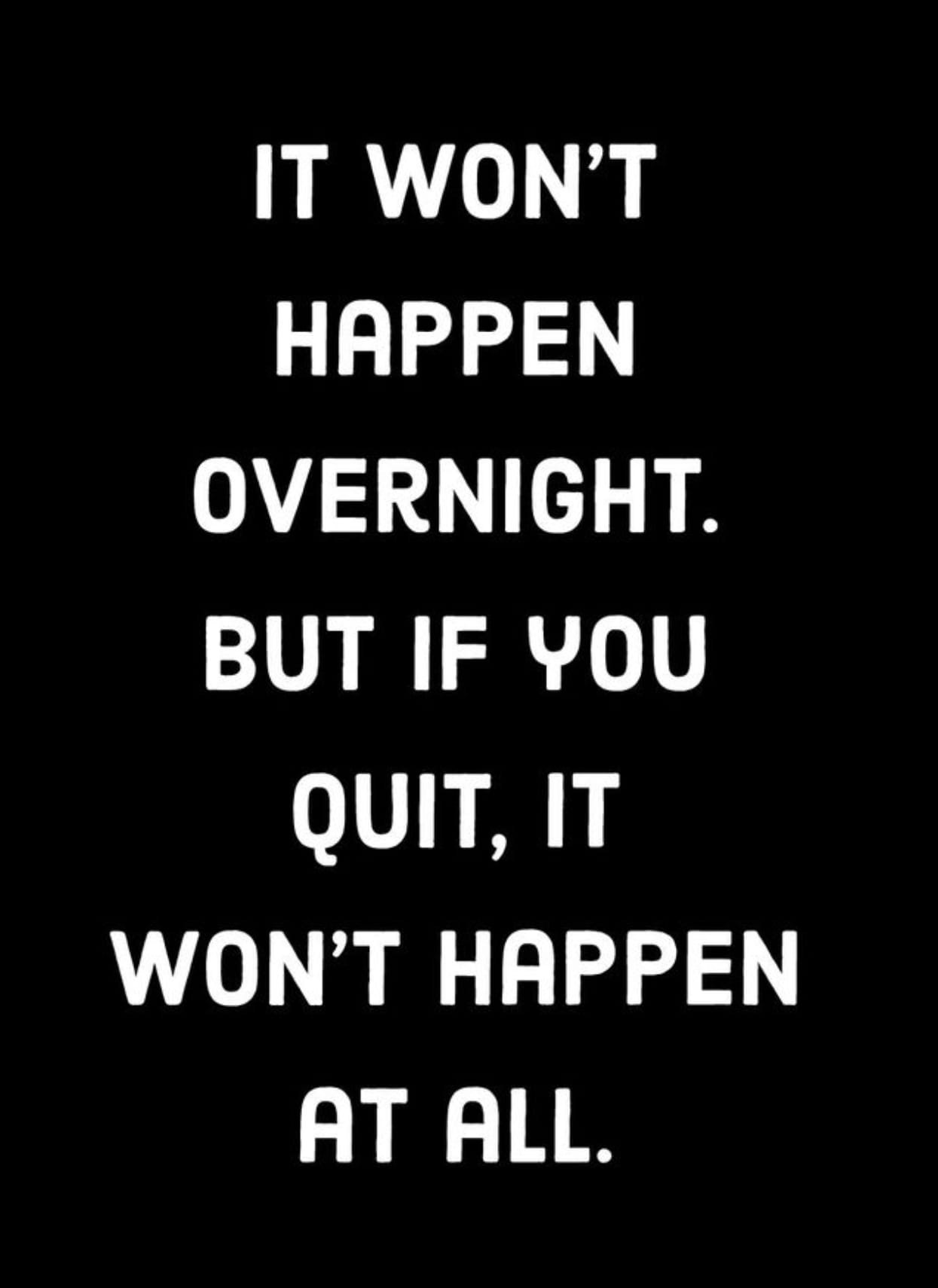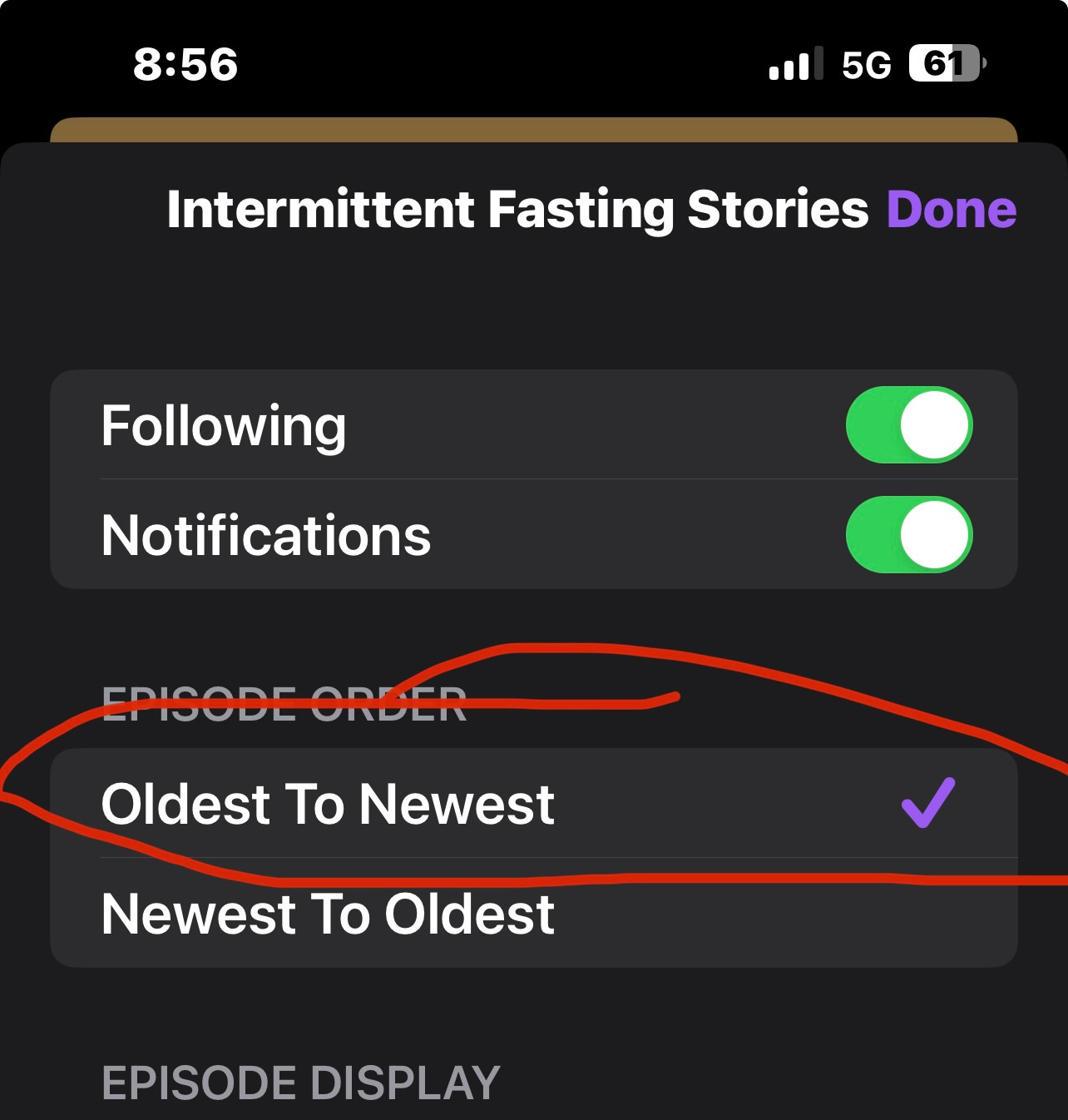Getting Back on Track Fasting after Falling Off the Wagon
Life happens. Here's how to pick yourself up, brush off the dust, and move forward. It's a new day. Why not start back up today?
Every faster eventually:
Fall is a great time to resume fasting and healthy eating since summer is one of the easiest times to get derailed with all its lovely schedule-disrupting exploits.
And so many other things can derail you besides summer: unexpected family stress, illness, or an exceptionally busy season. When you’re thrust into survival mode, it’s normal to get off track.
But when life eases up a bit, and you want to get back into fasting, it’s important to analyze why you’re having a difficult time restarting.
People freeze and hesitate to jump back into something when there’s uncertainty looming about some steps in the process such as whether it will even work, and whether losing weight is even something they should care about.
What’s my long-term plan? Will I have to fast forever? Do I care too much about how I look? Why will this work when no other diet has? These are all questions I’ve heard people ask. Getting them answered is the key to starting or restarting.
Whenever we feel unsure about a task, we put it off. Think of the tasks around the house that you procrastinate on. If you took inventory of all the things that you have been putting off, they likely have one thing in common: you feel unsure about some step in the process.
That pile of old mail: I bet it’s full of papers you’re not sure if you should keep because you might need them later. That stuff in the garage: should you donate it, should you have a garage sale, will you need it next summer? So many decisions.
Uncertainty causes us to freeze and put off taking action.
The same thing happens with fasting.
These are questions that you must have answered before you can jump back into yet another diet when so many in the past have let you down.
Let’s deal with the question of uncertainty of the steps first.
The uncertainty on how to fast stems from the fact that fasting success often must be tweaked to each person’s unique metabolic needs. But this can cause decision paralysis.
For those of us who are serial dieters, you can surely remember the excitement that accompanied the early days on some super rigid diet that dictated the exact foods you had to eat, or the exact calories, or macros, or Weight Watchers’ points. We could zone out, go into autopilot, and trust the program.
No thinking required.
Of course, those programs never lasted long-term because no one wants to live like that for life. But in the early days, the constraints felt almost freeing—almost.
The good news is that IF has an autopilot mode too: it’s called 16:8. If you’ve been hesitating to get restarted because you aren’t sure which protocol to pick, just autopilot into 16:8 and don’t overthink it. The time for tweaking will come later after 16:8 has become as natural as getting up in the morning. Reread The Three Week Challenge, and just do the thing.
If it helps you out, channel your inner kindergartner and print off a paper calendar and put an X on each day that you practice 16:8. When you get to 3 weeks, treat yourself to something really delicious that’s-on plan and high protein, like a juicy lettuce-wrap burger from a local restaurant instead of from fast food, or a really great steak.
Question #2: Will it even work?
We hesitate any time we haven’t bought into something completely. You’ll drag your feet to get restarted fasting if you’re wondering if IF is going to work. Here’s one thing I can guarantee you:
However, whether or not IF will work is a legit question because we veteran dieters have given months or years of our lives to diets that in the end failed us. It’s natural to not want to repeat that process again.
I was that veteran dieter who did different diets faithfully and then fell off the wagon, and regained up to a new high weight. Each diet was worse than a waste of time—it left me at a higher weight than when I began.
But I knew that IF was different when I began listening to Gin Stephen’s podcast Intermittent Fasting Stories. So many people tell the story of trying every diet under the sun, never being able to stick with it, and then IF was finally the thing that worked.
If you’re unsure of how IF is different from other diets, I highly recommend you try a few episodes, starting with episode 1.
I’ve found that the early episodes are much more foundational and motivational than the later ones. There’s an easy way to navigate to episode 1. If you’re using the podcast app, there’s a setting where you can change the order of the episodes so you don’t have to endlessly scroll to the bottom. This will change the order for only that one podcast, not for all your podcasts.
When you’re looking at the individual podcast, click the three dots in the upper right hand corner and select “Go to Show.“ Now that you’re on the show page, click the same three dots, and select “settings.” You’ll see an option for episode order and click “Oldest to Newest.”
There is nothing as motivating as hearing other people’s stories of change. We can talk all day long about the science behind why IF should work, but what we all really want to know is: will it actually work for me? Until we get that point settled, you’re going to struggle with getting started again.
If it worked for thousands who had tried and failed at every diet in the world, why won’t it work for you? In case you missed it, here’s the episode where Gin interviewed me.
Another super fun podcast is Graeme Currie’s The Fasting Highway which also features IF success stories. Graeme lost 132 lbs and beat his insatiable food addiction.
Graeme is an honest, likeable, and down-to-earth Australia bloke. He’s so fun to listen to and so are his guests! I went on his podcast as well (click here.)
What’s My Long-Term Plan, and Will I Have to Fast Forever?
Keep reading with a 7-day free trial
Subscribe to Fast Well | Feast Well to keep reading this post and get 7 days of free access to the full post archives.






